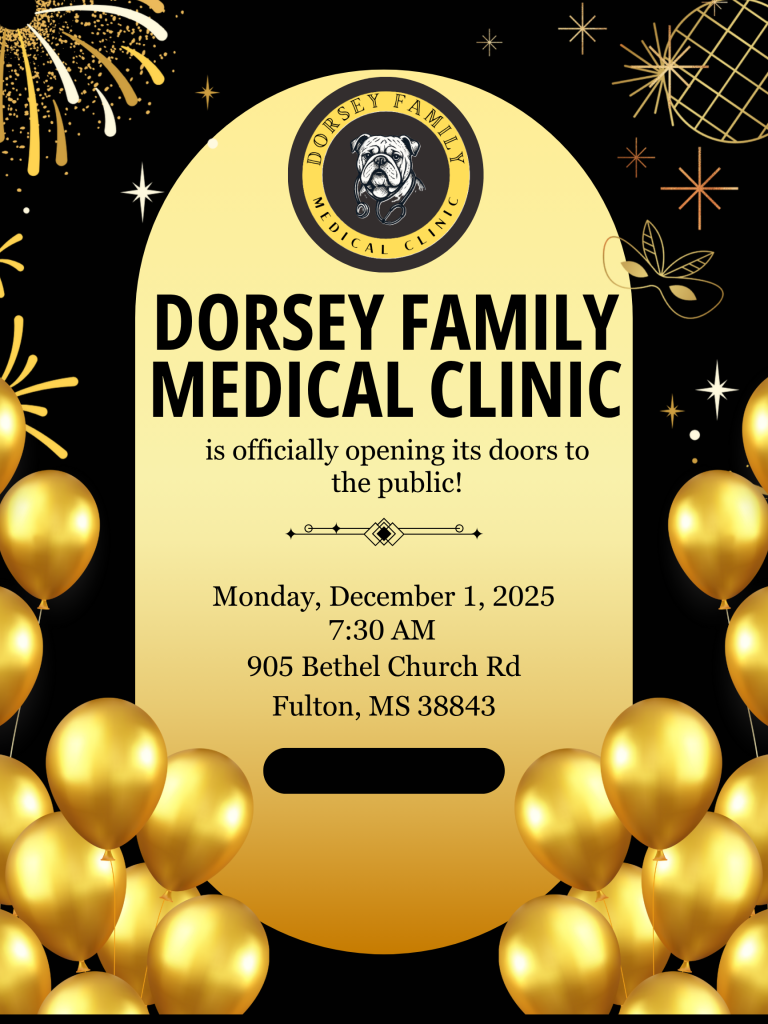Since 2015, the number of opioid pain prescriptions filled at retail pharmacies has declined by 24%. Prescriptions of the strongest opioids now account for less than 1% of all opioids dispensed in 2018. All positive trends in the fight against opioid addiction, but none mark the end of the crisis. In the midst of these positive numbers, the rate of overdose death continues to increase.
In a letter released at the end of February, Scott Gottlieb, M.D., FDA Commissioner, addressed the success of the agency. He also discussed their plans to continue fighting opioid addiction and providing recovery support for those in the throes of addiction.
Prevention Key to Stemming the Crisis
Gottlieb admits the FDA’s reliance on “rigorous evidence that can often take many months and even years to collect” slowed the agency’s response to the building crisis. They’re taking new steps to respond more quickly to the changing situation.
One key to solving the opioid crisis is reducing the misuse of opioid drugs that leads to a new addiction. In 2019 the agency expects to implement new dosing methods. One solution includes blister packs that allow doctors to more easily prescribe lower doses of medication. They’ll also release suggested dosing based on specific outpatient scenarios.
Continued Support for Addiction Recovery
“Reducing overdose deaths also requires broadening the availability of naloxone,” Gottlieb writes.
The FDA is working with drug manufacturers to make naloxone available as an over-the-counter product. This step makes the product available to people who are not under the care of a physician. It also increases availability to those who may fear the stigma that comes with addiction. While it is not currently available without a prescription, the FDA is seeking industry partners who will help bring the product to market.
Reduction of Illegal Opioid Trafficking
Finally, while prescriptions of opioids continue to decrease illegal sales of opioids online continues to increase. Together with major internet stakeholders, the FDA is working to make it harder for online sales to take place.
“For example, Google now deindexes websites based on our warning letters that cite the unlawful sale of opioids to U.S. consumers. Social media platforms such as Facebook and Instagram redirect users who are looking to buy opioids online to the Substance Abuse and Mental Health Service Administration National Helpline,” writes Gottlieb.
The organization continues to use analytics and tracking data to identify early trends which will help them react faster to changes in the crisis.
Mantachie Rural Health Care, Inc., continues to work with our community to battle the opioid addiction in North Mississippi. The problems our friends, family, and neighbors experience with opioids are echoed around the country. While we’re hard at work educating the community about the signs and dangers of opioid addiction we’re also dedicated to reducing the stigma associated with it. More education and less stigma mean an increase in people who need help finding it.
But we’re not alone in our fight and neither are you. If you need help finding the recovery resources you need, call our mental health clinic today at 662-282-4359.



Speak Your Mind